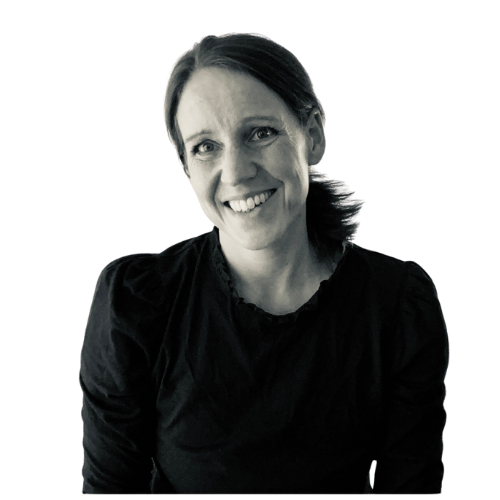Use meetings to create a 'safe to fail' culture
It there was ONE cultural goal companies ask me about more than any other, it's this.
How do we encourage people to take more risks and fail forward?
How can we genuinely foster a spirit of experimentation and innovation?
First a couple of very quick reframes.
Failing. Failure. Fails.
Not good words. And this is not really what we mean.
We want people to explore and discover and that inevitably means a journey that includes some outcomes we didn’t expect.
The unit of value is learning.
The phrase we need is ‘safe to learn’ not ‘safe to fail’. Thank you Elisabeth Keuschnigg for this.
[As an aside, Simon Sinek uses the word 'falling' not failing - thank you Wendy Gannaway]
The precursor to learning is to see and accept what is not known (and not see it as known or should-be-known).
When we say we want people to take more risks, we don’t mean we want them to place more bets that something will BE 'right' but to LEARN what right (or is better than the status quo - thank you for this Catherine Ridd).
The behaviour companies want is not actually more risk taking but more exploration and discovery.
More learning.
More going from not-knowing to knowing-a-lot more.
Meetings are the perfect place to do make this real for people.
Here are three ways to do this in increments.
Level 1
Model psychological safety IN the meeting.
Make it ok to speed candidly, ask (stupid) questions and disagree.
Say:
“Today is about disagreeing as much as agreeing”
“What obvious questions do you have? I’ll start…”
“Please could you scribble down your top 3 questions in the chat - especially any you have labelled a ‘stupid question’ in your own mind”
“Feel free to give 10/10 honesty on what you really think of this plan”
“We know there is the highest respect for each other’s work and opinions in this room - so feel free to speak candidly, knowing that we all want to hear ALL of what you think.”
And make sure people know they did the right thing when they took you at your word.
Say:
“I can’t tell you how much I appreciate everyone’s insights and reflections. So much food for thought.”
“All important questions. Let’s start here…”
“It’s good that there is disagreement in the room. We need this to create the best outcome.”
“I’m finding it very helpful to hear what each person thinks with minimal filters.”
“We have a lot to work with here - thank you for speaking so candidly.”
Level 2
Demonstrate that it’s safe to experiment with changes made TO the meeting itself (even if they don’t work).
Try:
- Making changes to the duration or frequency - explain why and asking for feedback.
- Try out different ways of equalising contributions e.g. Rounds, Brainwriting and Come Ready To (simple pre-work) - explain why and ask for feedback
- Ask people what changes they would like to try in this meeting - and then invite them to make them and get feedback.
Confirm why this is important out loud. You’re modelling experimentation in a public place and demonstrating that there is minimal reputational risk.
Say:
“It’s always appreciated when people try to make something better and there is never an expectation that it will work perfectly first time.”
“Let’s give this a couple of laps of the track and see how we think it’s working a few week’s time.”
”There are always ways to make meetings better. We’re free to try anything we think will help.”
“Let’s make these small changes to this meeting and see how they go. Then we’ll have more to go on to make some bigger changes.”
Level 3
Encourage people to safely share ‘bad news’ about experiments they’ve done OUTSIDE the meeting.
Bad news is good news if we hear it early.
Bad news is REALLY bad news if we only hear it when it’s too late to do anything about it.
You’ll telling people they don’t need to ’sell’, spin, defend or ‘positivise’ what they are sharing.
You’re pointing to the value in the learning, not in the ‘rightness’.
Say:
“Got it. What do we know now that we didn’t know before?” (and write it down on your shared board)
“What does that experience point to as the obvious next step and how can we support you?”
“Wow, that’s some journey! Tell us more about what you discovered.”
“Discovering this now has saved us [X time/money] - thank you.”
“The unit of value right now is learning.”
Meetings are a great place to make cultural and behaviour shifts real.
They are where strategy and leadership meet reality.
Let’s get to work.
Transform how you meet and collaborate with Dr Carrie Goucher

Hi, I'm Carrie! I have a PhD in meeting culture from Cambridge University and I help with big brands, scale ups and government develop fast, agile ways of working.
Get an idea like this each Thursday in my FrictionFree email.
Send me ideas each week!

